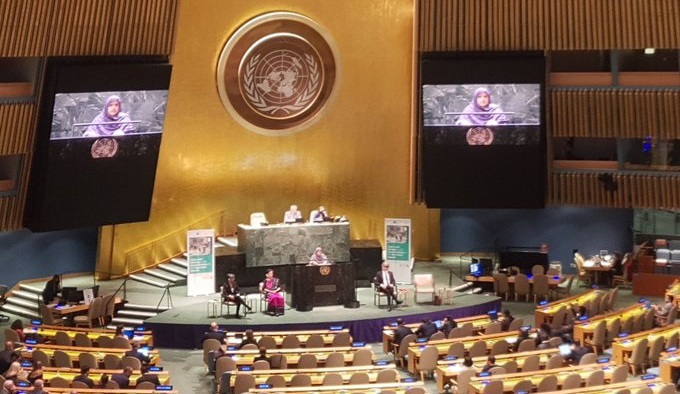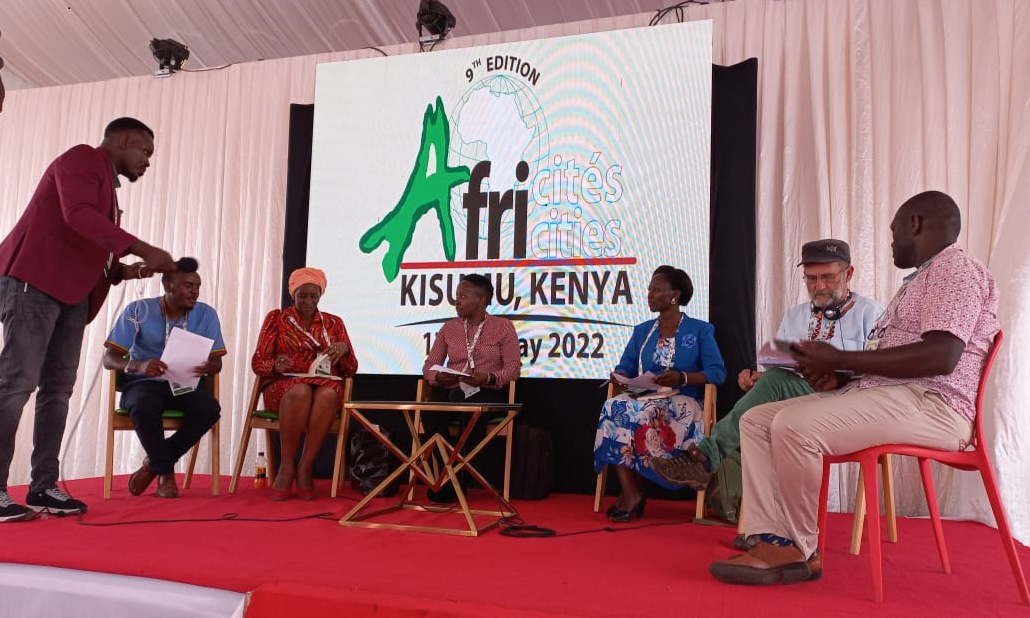This progress report on women and adequate housing expands the original focus on women’s right to adequate housing to examine the interrelated issues of land, property and inheritance as well as other human rights, such as the rights to water and to health, in order to provide a more comprehensive and indivisible analysis of women’s right to adequate housing. It explores specific themes emerging from a deeper analysis of the ways in which women are discriminated against with respect to rights to housing, land, and property. Principal amongst these is the interlinkage between violence against women and women’s right to adequate housing. The widespread prevalence of gender-based violence is a central thread in the fabric of human rights violations faced by women, including in violations of the right to adequate housing and land. Regional consultations in India, Mexico, Egypt and Fiji on women’s right to adequate housing and related rights stressed the prevalence of certain cultural norms that deprive women of their rights to land, inheritance and property, which in turn prevents them from accessing their right to adequate housing. Women also suffer more from forced evictions and homelessness as both situations subject them to greater violence as well as violation of personal dignity and health.
Critical factors affecting women’s right to adequate housing and land are lack of secure tenure, lack of information about women’s human rights, lack of access to affordable social services as a result of privatization, lack of access to credit and housing subsidies, bureaucratic barriers preventing access to housing programmes, rising poverty and unemployment and discriminatory cultural and traditional practices. The Special Rapporteur notes that a State’s obligation to eliminate gender discrimination is one of immediate effect and failure to do so constitutes a human rights violation. There is an urgent need to address multiple forms of discrimination that women face on grounds including race, class, ethnicity, caste, health, disability, sexual orientation, and other factors. An intersectional approach to gender discrimination is essential to address such multiple forms of discrimination faced by women.
Among several recommendations to States, the United Nations and civil society actors, the Special Rapporteur calls for the implementation of innovative government housing policies and programmes. The Special Rapporteur also stresses the importance of integrating women’s human rights into poverty reduction strategies, anti-poverty policies and rural development and land reform programmes. Furthermore, in adhering to his mandate, the Special Rapporteur emphasizes the adoption of an indivisibility-of-rights approach to promoting women’s rights to adequate housing.


